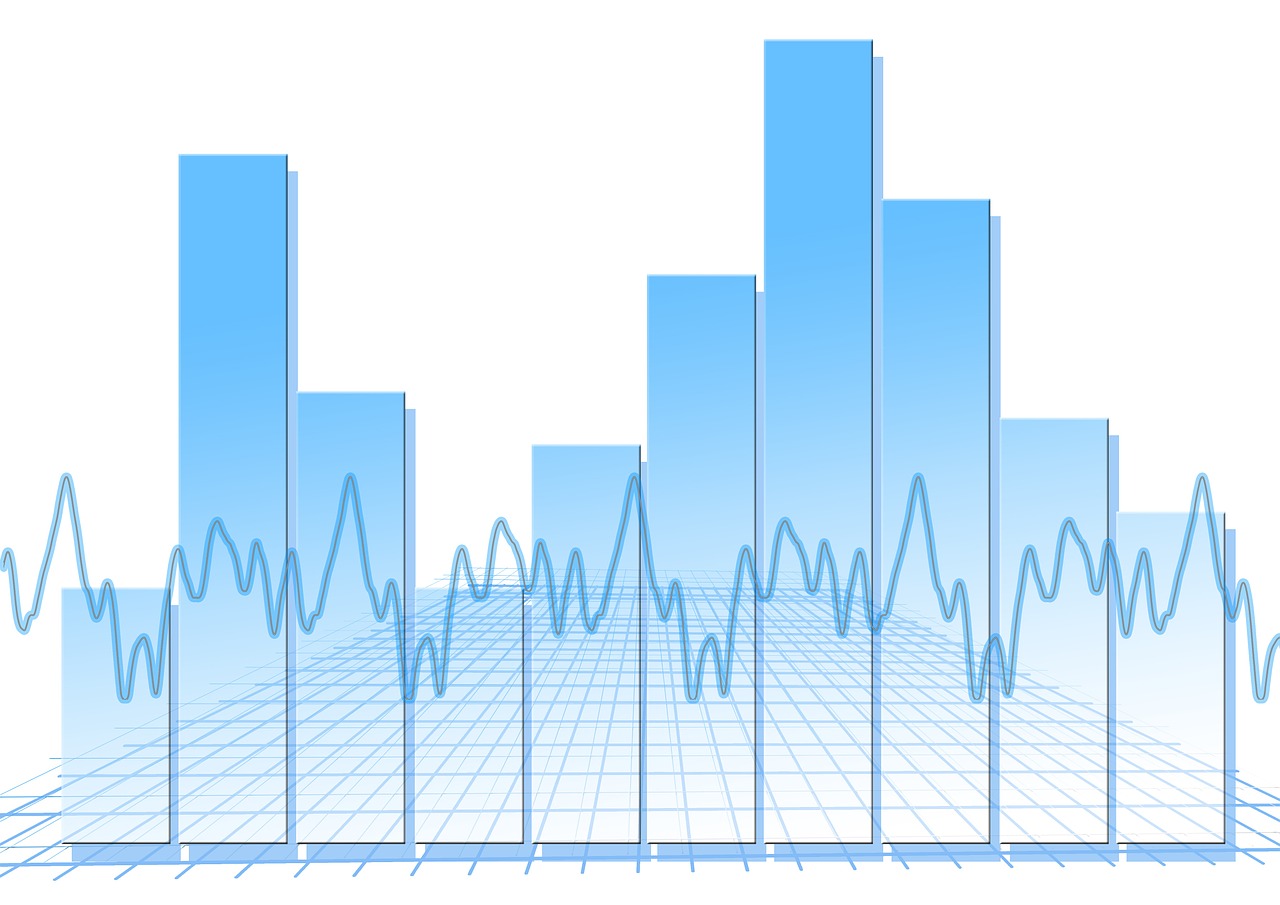When it comes to inflation, people are scared. They fear that their money will be worth nothing tomorrow. The images of this situation after World War II are still in people’s minds. Back then, people had to carry money in sacks just to buy a piece of butter or bread. Money has lost much of its value. And although experts have been studying the phenomenon of inflation for decades, there is no cure or protection against it.
It is unique, like gambling at the legit Canadian casino Play Amo.
But the problem these days is that the majority do not know what inflation is. It is simply seen as a threat to a nation’s economy and prosperity.
This article aims to provide a better understanding of what inflation is, how it can be measured and what causes it.
Inflation indicates an increase in prices over a period of time. It is generally measured. For simplicity, it mainly focuses on price increases in everyday products or services. So people can easily see the inflation rate. Usually, the period is one year. For example, the prices of normal goods such as bread or other goods are compared from year to year. This then shows the extent to which it has become more expensive.
To combat the negative effects of inflation, consumers are calling for government support. Either by legislating a limit on price increases or by raising wages. For governments to have an overview, household studies are conducted.
To determine the cost of living for the average consumer, government agencies conduct household surveys to identify a basket of frequently purchased goods and services. These surveys can be used to compare inflation rates over time.
In these calculations, it is important to consider real income. Normally, the rule is that when real income rises, so does the standard of living. But in times of high inflation, people get less for their salary. This is because income stays the same, but prices rise.
However, it is important to distinguish between inflation and hyperinflation. This term describes full-blown inflation. Usually, it increases by 50% or more. This is what has happened in recent history.
Zimbabwe in 2006 is certainly an example here. This was caused by government policies and supply shortages. In 2008, inflation reached 79,000,000,000%. This is one of the worst cases of inflation. The most recent case can be seen in Venezuela in 2013. This was a result of the excessive spending of the government and the excessive pressure on its currency.
However, the worst case of hyperinflation occurred in Hungary in 1946. Hyperinflation reached a level of 13,600,000,000,000%. This is the highest rate ever recorded.
Another example is Armenia in 1993, where the hyperinflation rate was 438%. This was caused partly by the economic decline following the dissolution of the Soviet Union and partly by a devastating earthquake in 1988.
THE CAUSES
After all these examples from recent and older times, the main causes of inflation became clear. When a country is in debt, especially underdeveloped countries, it is likely to simply print more money. This is not a solution, as could be seen in Venezuela in 2013. In summary, the main reasons for inflation are excessive government spending, wars, widespread corruption, and disproportionate money printing. This can lead to supply shortages, which in turn can trigger further inflation.
More generally, inflation can also be caused by an increase in production costs or an increase in demand for products and services. The fact is that there is little you can do to prevent it and do your best to be prepared.



 Bitcoin
Bitcoin  Ethereum
Ethereum  Tether
Tether  XRP
XRP  Solana
Solana  USDC
USDC  TRON
TRON  Cardano
Cardano  Lido Staked Ether
Lido Staked Ether  Avalanche
Avalanche  Toncoin
Toncoin